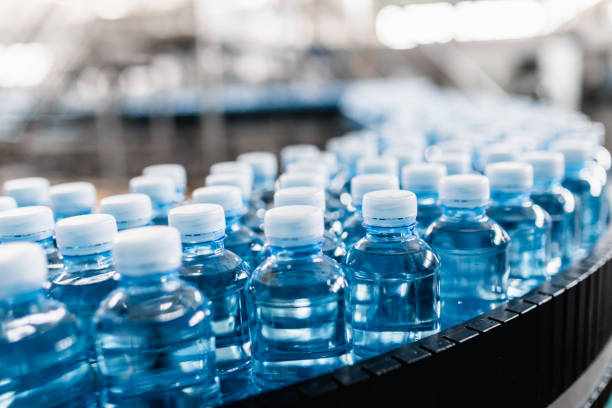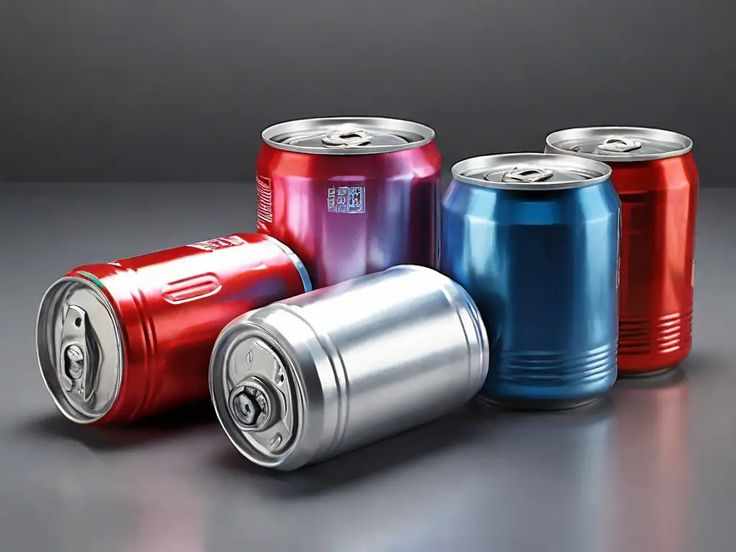
The mineral water industry has grown tremendously in recent years, thanks to the rising demand for clean and safe drinking water. Starting a mineral water business can be highly profitable, but its success largely depends on the quality of the equipment you use. The machinery in a mineral water plant plays a vital role in ensuring the purification, bottling, and packaging processes are efficient and up to standard. This article will explore the key equipment required to start a successful mineral water business, focusing on essential machines and how they contribute to the overall production process.
1. Water Purification System
The heart of any mineral water business is the water purification system. This equipment ensures that the water used for bottling is free from contaminants, chemicals, and harmful microorganisms. A typical purification system includes several stages such as sediment filtration, activated carbon filtration, reverse osmosis (RO), and ultraviolet (UV) sterilization.
Sediment Filtration: This stage removes large particles and impurities like sand, dirt, and rust.
Activated Carbon Filtration: Removes chlorine, organic compounds, and odors.
Reverse Osmosis (RO): This is the key process where the water is forced through a semi-permeable membrane to remove dissolved salts, heavy metals, and bacteria.
UV Sterilization: Ultraviolet light kills any remaining microorganisms to ensure the water is safe for consumption.
A high-quality water purification system is a non-negotiable piece of equipment in a mineral water plant machine setup. It ensures that the end product meets the necessary quality standards.
2. Bottling Machine
Once the water has been purified, the next step is bottling, which is facilitated by a bottling machine. This machine automates the process of filling bottles with purified water. Bottling machines come in different capacities and can be customized to handle various bottle sizes, from small 500ml bottles to large 20-liter cans.
The bottling machine plays a critical role in the mineral water business, as it ensures consistency in filling, prevents spillage, and maintains hygiene. Most modern bottling machines are equipped with automatic capping systems that seal the bottles after filling.
3. Labeling and Packaging Machine
In the mineral water business, branding and presentation are essential to stand out in the competitive market. A labeling machine applies labels with your brand name, product information, and legal details on the bottles. This equipment is designed to handle high-speed production lines, ensuring that each bottle is perfectly labeled without errors.
Following labeling, a packaging machine bundles the bottles into packs for easy transport. This could involve wrapping them in plastic or boxing them. Some advanced machines can handle both labeling and packaging processes, reducing the need for multiple machines.
4. Bottle Blowing Machine
To minimize costs and maintain control over the entire production process, many mineral water plant owners invest in a bottle-blowing machine. This machine transforms plastic preforms into fully formed bottles through a process called blow molding. Having an in-house bottle-blowing machine not only reduces reliance on external suppliers but also allows for flexibility in bottle design and size.
5. Water Storage Tank
A water storage tank is essential for storing purified water before it is transferred to the bottling machine. The tank ensures a consistent supply of water during production and acts as a buffer in case there is any disruption in the purification process. Storage tanks should be made of food-grade materials, like stainless steel, to avoid contamination.
6. Water Testing Equipment
Quality control is paramount in the mineral water business, as the water you produce must meet health and safety standards. A water testing laboratory equipped with water testing machines is necessary to regularly check the water quality for pH levels, mineral content, and the presence of bacteria or other contaminants.
This equipment helps maintain the integrity of the product and ensures compliance with government regulations and industry standards.
7. Conveyor System
An efficient conveyor system is needed to move bottles from one machine to another during the production process. Conveyors streamline production, reduce manual labor, and enhance operational efficiency. They are especially important in high-capacity mineral water plants, where production needs to run smoothly without bottlenecks.
Conclusion
Starting a successful mineral water business requires more than just access to clean water; it demands the right combination of machinery to ensure efficiency, quality, and safety. From water purification systems and bottling machines to labeling, packaging, and bottle-blowing machines, each piece of equipment plays a crucial role in the production process.
Investing in high-quality mineral water plant machines is essential for maintaining production standards, ensuring consistent product quality, and optimizing operational efficiency. With the right equipment in place, your mineral water business will be well-positioned to meet market demand and thrive in a competitive industry.





















Write a comment ...